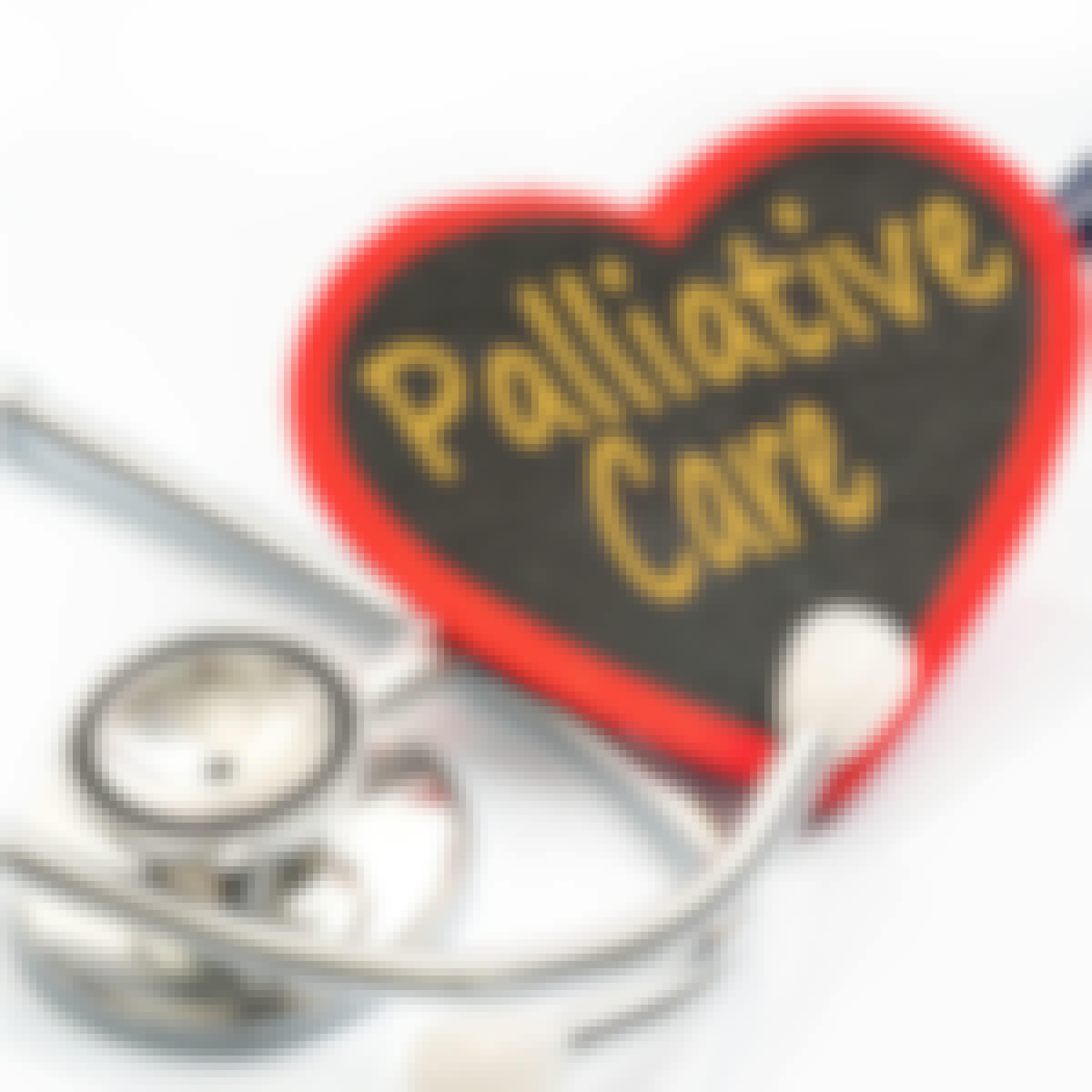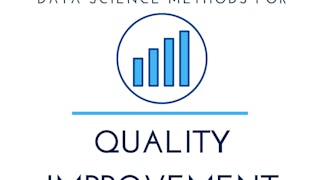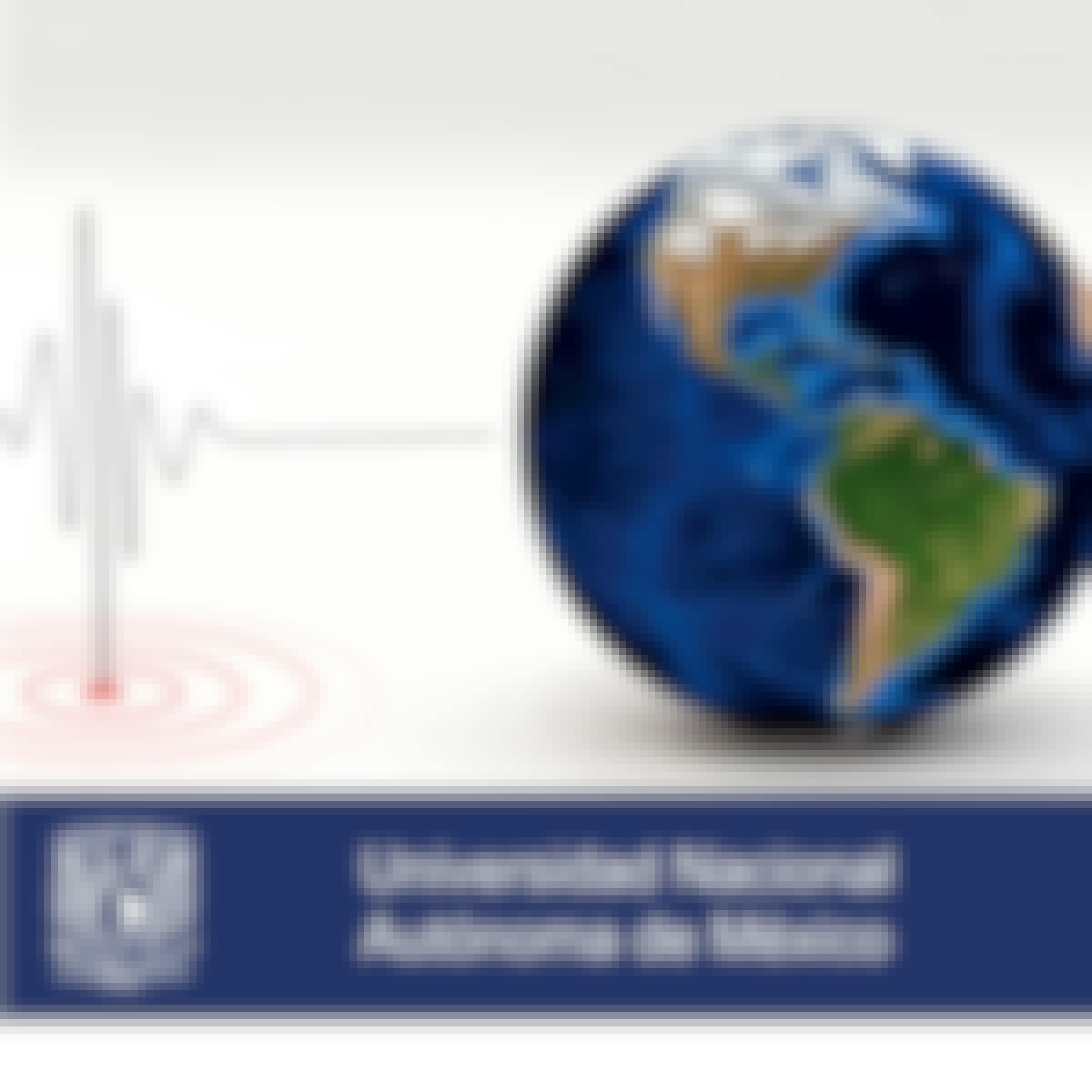- Browse
- Medical Statistics
Results for "medical statistics"
 Status: Free TrialFree TrialS
Status: Free TrialFree TrialSStanford University
Skills you'll gain: Patient Communication, Patient-centered Care, Psychosocial Assessments, Patient Education And Counseling, Cultural Responsiveness, Care Coordination, Rapport Building, Interpersonal Communications, Communication, Stress Management, Discussion Facilitation, Family Support
4.8·Rating, 4.8 out of 5 stars96 reviewsBeginner · Course · 1 - 3 Months
 Status: PreviewPreviewE
Status: PreviewPreviewEEDHEC Business School
Skills you'll gain: Systems Thinking, Strategic Thinking, Forecasting, Strategic Planning, Strategic Decision-Making, Stakeholder Engagement, Organizational Strategy, Complex Problem Solving, Business Transformation, Business Strategy, Trend Analysis, Innovation, Sustainable Development, Decision Making, Creativity, Emerging Technologies
4.9·Rating, 4.9 out of 5 stars247 reviewsIntermediate · Course · 1 - 3 Months
 Status: Free TrialFree Trial
Status: Free TrialFree TrialSkills you'll gain: Good Clinical Practices (GCP), Institutional Review Board (IRB), Clinical Research Ethics, Clinical Research Coordination, Clinical Trials, Clinical Research, Drug Development, Informed Consent, Document Management, Electronic Medical Record
4.8·Rating, 4.8 out of 5 stars149 reviewsBeginner · Course · 1 - 4 Weeks
 Status: PreviewPreview
Status: PreviewPreviewSkills you'll gain: Derivatives, Financial Market, Finance, Risk Modeling, Mathematical Modeling, Financial Modeling, Risk Management, Probability, Advanced Mathematics, Differential Equations, Applied Mathematics, Probability Distribution, Calculus
4.7·Rating, 4.7 out of 5 stars38 reviewsIntermediate · Course · 1 - 3 Months

Skills you'll gain: Prompt Engineering, ChatGPT, Patient Communication, Generative AI, LLM Application, Health Technology, Artificial Intelligence, Natural Language Processing
4.6·Rating, 4.6 out of 5 stars76 reviewsBeginner · Guided Project · Less Than 2 Hours
 Status: Free TrialFree TrialU
Status: Free TrialFree TrialUUniversity of Colorado Boulder
Skills you'll gain: Correlation Analysis, Statistical Visualization, Data Visualization, Process Capability, Statistical Analysis, Systems Analysis, Probability & Statistics, Data Analysis, Quantitative Research, Run Chart, Box Plots, R (Software), Systems Of Measurement, Statistical Methods, Regression Analysis, R Programming, Scatter Plots, Statistical Hypothesis Testing
4.2·Rating, 4.2 out of 5 stars10 reviewsIntermediate · Course · 1 - 3 Months
 Status: Free TrialFree TrialV
Status: Free TrialFree TrialVVanderbilt University
Skills you'll gain: Generative AI, Data Literacy, Data-Driven Decision-Making, Data Analysis, Exploratory Data Analysis, Descriptive Statistics, Analytical Skills, Artificial Intelligence, Statistical Analysis, Decision Making
4.1·Rating, 4.1 out of 5 stars11 reviewsBeginner · Course · 1 - 4 Weeks
 Status: NewNewStatus: Free TrialFree Trial
Status: NewNewStatus: Free TrialFree TrialSkills you'll gain: Pandas (Python Package), NumPy, Data Manipulation, Data Wrangling, Package and Software Management, Data Analysis, Data Transformation, Unstructured Data, JSON, Object Oriented Programming (OOP), Data Science, Python Programming, Computer Programming, Programming Principles, Data Import/Export, Software Design, Data Validation, Mathematical Software, Computational Logic, Data Structures
4.9·Rating, 4.9 out of 5 stars62 reviewsBeginner · Specialization · 3 - 6 Months
 Status: PreviewPreviewU
Status: PreviewPreviewUUniversidad Nacional Autónoma de México
Skills you'll gain: Mitigation, Hazard Analysis, Risk Control, Vulnerability, Hydrology, Water Resources, Research, Physical Science, Case Studies, Environmental Monitoring, Social Sciences, Spatial Analysis, Simulation and Simulation Software
4.8·Rating, 4.8 out of 5 stars702 reviewsBeginner · Course · 1 - 3 Months
 Status: NewNewStatus: PreviewPreview
Status: NewNewStatus: PreviewPreviewSkills you'll gain: General Data Protection Regulation (GDPR), Health Insurance Portability And Accountability Act (HIPAA) Compliance, Open Source Technology, Patient Communication, Data Ethics, Responsible AI, Clinical Informatics, Healthcare Ethics, Decision Support Systems, Health Care Procedure and Regulation, ChatGPT, Health Informatics, Healthcare Industry Knowledge, Artificial Intelligence, Health Technology, AI Personalization, Applied Machine Learning, Medical Imaging, Automation, Medical Coding
Intermediate · Course · 1 - 3 Months
 Status: Free TrialFree TrialL
Status: Free TrialFree TrialLL&T EduTech
Skills you'll gain: Geospatial Information and Technology, Spatial Analysis, GIS Software, Spatial Data Analysis, Geographic Information Systems, Geospatial Mapping, Construction Engineering, Database Management, Construction, Construction Management, ArcGIS, Global Positioning Systems, Visualization (Computer Graphics), Decision Support Systems, Building Information Modeling, As-Built Drawings, Survey Creation, AutoCAD Civil 3D, Data Manipulation, Network Analysis
4.1·Rating, 4.1 out of 5 stars51 reviewsAdvanced · Specialization · 3 - 6 Months
 Status: Free TrialFree Trial
Status: Free TrialFree TrialSkills you'll gain: Image Analysis, Computer Vision, Deep Learning, Matlab, Motion Graphics, Artificial Intelligence and Machine Learning (AI/ML), Medical Imaging, Visualization (Computer Graphics)
4.7·Rating, 4.7 out of 5 stars32 reviewsBeginner · Course · 1 - 4 Weeks
In summary, here are 10 of our most popular medical statistics courses
- Essentials of Palliative Care: Stanford University
- Building Strategic Foresight Capabilities: EDHEC Business School
- Fundamentals of Good Clinical Practice: Prep and Personnel: Novartis
- Pricing Options with Mathematical Models: Caltech
- ChatGPT Playground for Beginners: Intro to NLP AI: Coursera
- Measurement Systems Analysis: University of Colorado Boulder
- From Data to Decisions: Getting Started with AI: Vanderbilt University
- Google Data Analysis with Python: Google
- Evaluación de peligros y riesgos por fenómenos naturales: Universidad Nacional Autónoma de México
- AI Innovations with Open Tools in Healthcare Processes: Starweaver










